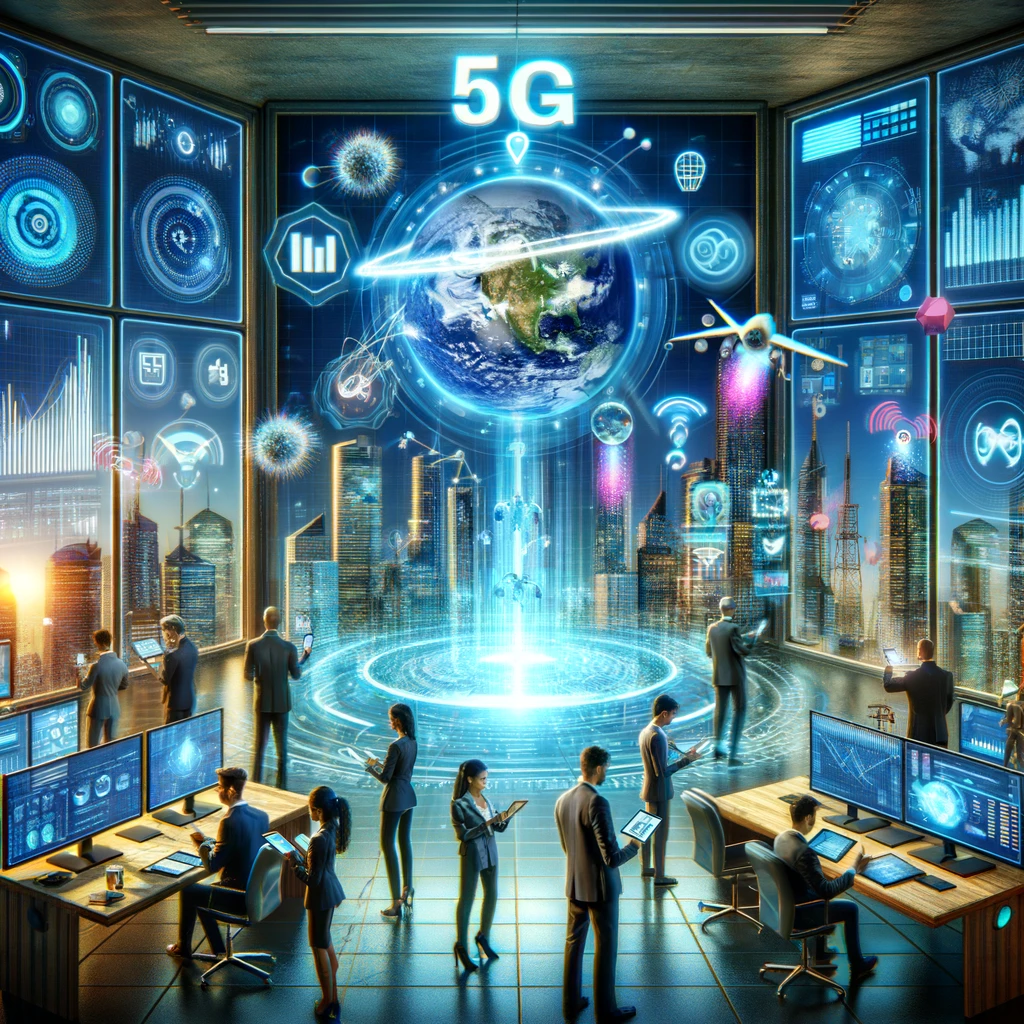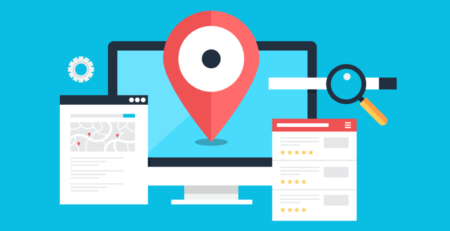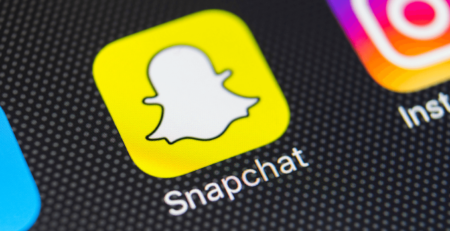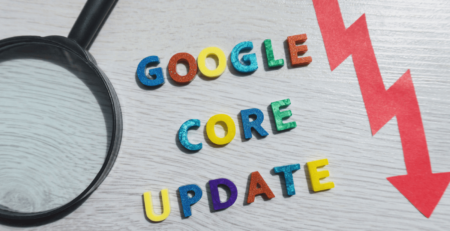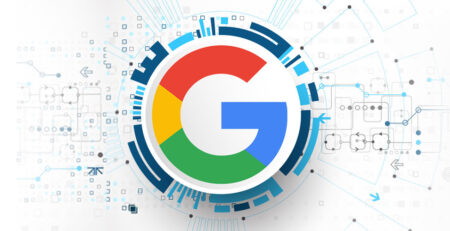The Impact of 5G on Digital Marketing: What to Expect
Transforming Digital Marketing with 5G
The advent of 5G technology promises to revolutionize various sectors, and digital marketing is no exception. As the fifth generation of wireless technology, 5G offers unprecedented speed, reduced latency, and the capacity to connect a vast number of devices simultaneously. This transformative technology is set to impact digital marketing strategies, tools, and consumer experiences profoundly. This article explores the potential effects of 5G on digital marketing and what businesses can expect in this new era.
What is 5G?
5G, the latest iteration of mobile network technology, boasts significantly faster data speeds compared to its predecessor, 4G. It also features lower latency, meaning data is transferred with minimal delay, and can support a greater number of connected devices. These advancements are expected to enable new applications and improve existing ones, making 5G a game-changer for various industries, including digital marketing.
Enhanced User Experience
Faster Load Times
One of the most significant impacts of 5G on digital marketing is the dramatic improvement in load times. Websites, videos, and other digital content will load almost instantaneously, reducing the bounce rate and enhancing user engagement. Faster load times also improve SEO rankings, as search engines prioritize sites that offer quick and efficient user experiences.
High-Quality Content
With 5G, marketers can leverage high-quality video content more effectively. The reduced latency and increased bandwidth mean that users can stream high-definition videos without buffering. This development opens up new opportunities for video marketing, including live streaming, interactive videos, and augmented reality (AR) experiences.
Advanced Technologies in Marketing
Augmented Reality and Virtual Reality
5G technology will accelerate the adoption of augmented reality (AR) and virtual reality (VR) in digital marketing. These technologies provide immersive experiences that can engage customers in new and exciting ways. For instance, AR can enable customers to visualize products in their own environment before making a purchase, while VR can offer virtual tours or demonstrations.
Internet of Things (IoT)
The Internet of Things (IoT) is another area set to benefit from 5G. With its ability to connect a vast array of devices seamlessly, 5G will enhance the capabilities of IoT, providing marketers with more data and insights. This data can be used to create highly personalized marketing campaigns, track customer behavior in real-time, and improve customer service.
Personalization and Data Analysis
Real-Time Data Processing
5G’s speed and connectivity will allow for real-time data processing, enabling marketers to gather and analyze data more quickly and accurately. This capability is crucial for delivering personalized content and offers to customers. By understanding customer behavior in real-time, businesses can adjust their marketing strategies on the fly to better meet customer needs and preferences.
Enhanced Analytics
The data generated by 5G-enabled devices will be more comprehensive and detailed, providing marketers with deeper insights into consumer behavior. Enhanced analytics can help businesses identify trends, predict customer needs, and measure the effectiveness of marketing campaigns more accurately. This information is invaluable for creating targeted marketing strategies and improving ROI.
Challenges and Considerations
Infrastructure and Costs
While 5G offers numerous benefits, there are challenges to consider. The infrastructure required for 5G is extensive and costly. Businesses need to invest in new technologies and upgrade existing systems to fully leverage 5G. Additionally, the rollout of 5G is not uniform across all regions, which could lead to disparities in access and benefits.
Data Privacy and Security
With the increase in data collection and connectivity comes greater responsibility for data privacy and security. Marketers must ensure that they comply with data protection regulations and implement robust security measures to protect customer data. Transparency and trust will be crucial in maintaining customer relationships in the 5G era.
Looking Ahead: Embracing the Future of Digital Marketing
The impact of 5G on digital marketing is poised to be profound and far-reaching. From enhanced user experiences and high-quality content to advanced technologies like AR, VR, and IoT, 5G will enable marketers to engage with customers in more dynamic and personalized ways. However, businesses must also navigate challenges related to infrastructure costs and data privacy. By embracing the opportunities and addressing the challenges, digital marketers can harness the power of 5G to drive innovation and achieve greater success in their campaigns.
